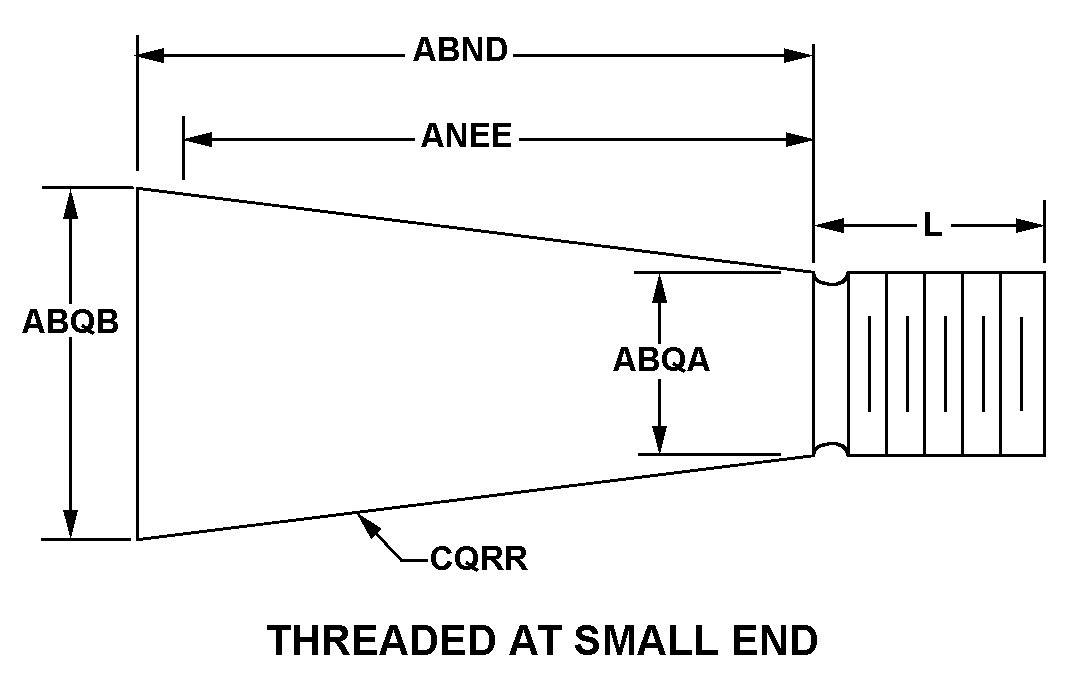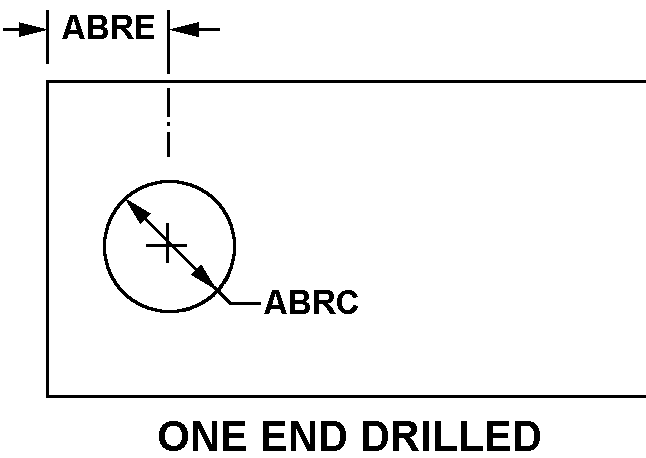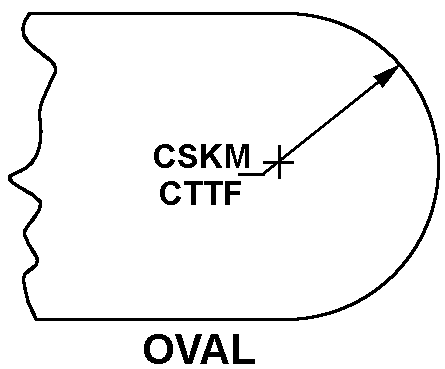5315002659932
Price Quote Get an up to date pricing and availability quote for this product. Order online or over the phone.
Quality Commitment
Serving our customers with quality and safety first.
- AS9120 Certified
- Audited supply chain
- ITAR Registered
- DDTC Registered
- HAZMAT Certified
- Customer service objectives
- Every product 100% inspected

5315-00-265-9932 Specification Set by the OEM (see RNCC code 3)
oval
square
3a
RIGHT-Hand
0.531in. and 0.562in. ⁓9/16"
1.609in. and 1.641in.
0.453in. and 0.457in.
0.531in.
one end drilled
0.106in. and 0.116in.
0.344in. and 0.375in.
1.484in. and 1.516in.
not identical
0.375in. ⁓3/8"
0.500 per foot inin.
oval end
0.312in.
steel comp 2330 or steel comp 8740 or steel comp 8630 or steel comp 8735 or steel comp 4130
QQ-S-689 fed spec 1st material response or MIL-S-6049 mil spec 2nd material response or MIL-S-6050 mil spec 3rd material response or MIL-S-6098 mil spec 4th material response or MIL-S-6758 mil spec 5th material response
cadmium
QQ-P-416, ty 1, cl 3 fed spec single treatment response
threaded at small end
unf
Cross Reference Parts Part numbers that meet the specification outlined on this page and set by the OEM
Identification Item Identification Guide (IIG) and Item Name Code (INC)



Definition Definition of approved item name (AIN): "PIN,TAPERED,THREADED"
A cone-shaped headless item, having a threaded portion at either end. It is used for aligning, fastening, and the like by fitting into a corresponding taper reamed hole.
5315-00-265-9932 Material Hazmat, Precious Metals, Criticality, Enviroment, and ESD
Indicates there is no data in the hmirs and the nsn is in a fsc not generally suspected of containing hazardous materials.
Precious metal content is unknown
The item does not have a nuclear hardened feature or any other critical feature such as tolerance, fit restriction or application.
Identification Codes
HMIC: Hazardous Material Indicator Code. A one position code that identifies a hazardous item.
PMIC: Precious Metal Indicator Code. A one position code which identifies items that have precious metals as part of their content. precious metals are those metals generally considered to be uncommon, highly valuable, and relatively superior in certain properties such as resistance to corrosion and electrical conductivity.
ESD: Electrostatic Discharge. Indicates if an item is susceptible to electrostatic discharge or electromagnetic interference damage. electrostatic discharge damage occurs when an accumulation of static electricity generated by the relative motion or separation of materials is released to another item by direct contact. electromagnetic interference damage occurs when an item comes into proximity with an electrostatic or magnetic field.
ENAC: Enviromental Attribute Code. Identifies items with environmentally preferred characteristics.
CRITL: Criticality Indicator Code. Indicates an item is technically critical by tolerance, fit, application, nuclear hardness properties, or other characteristics.






